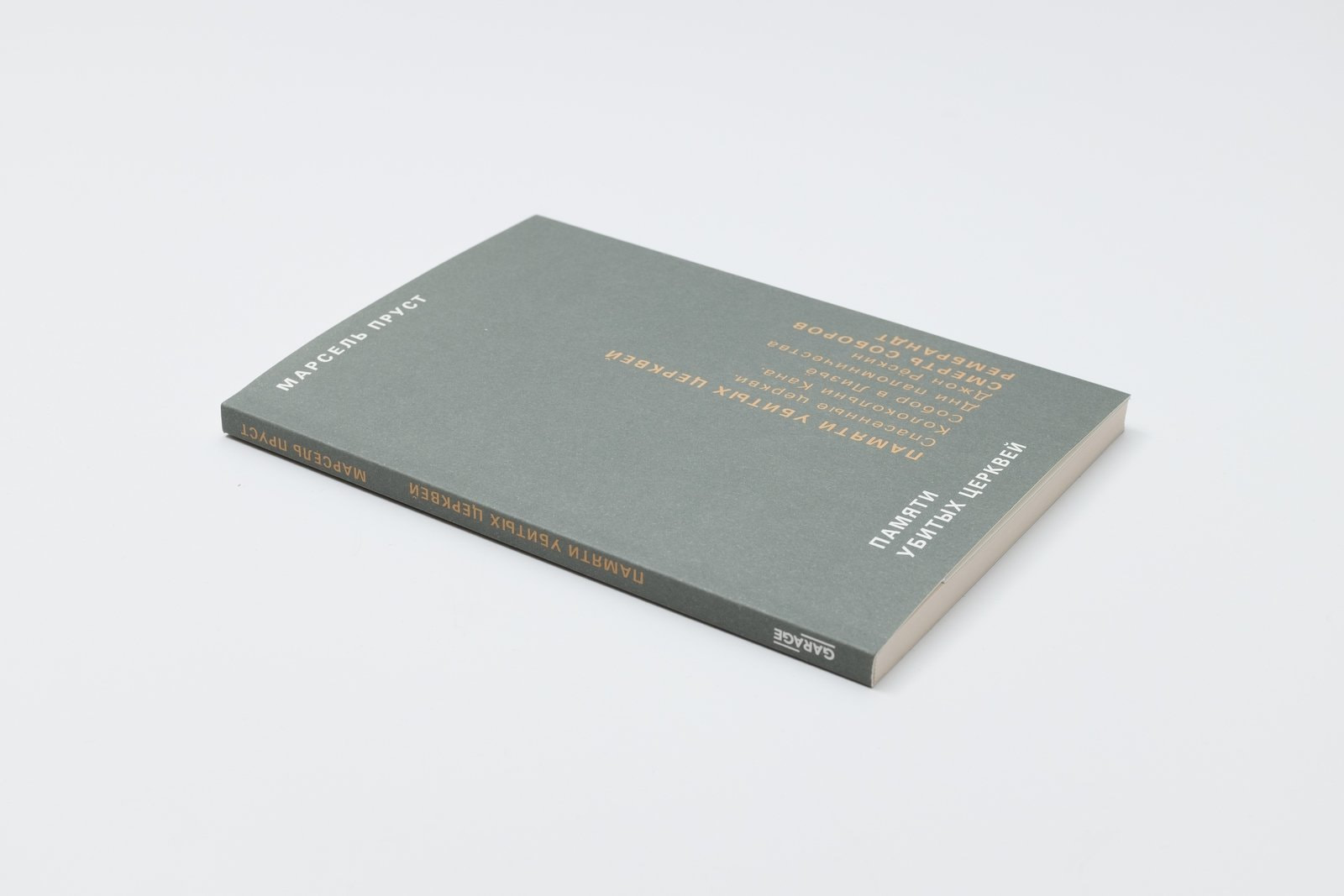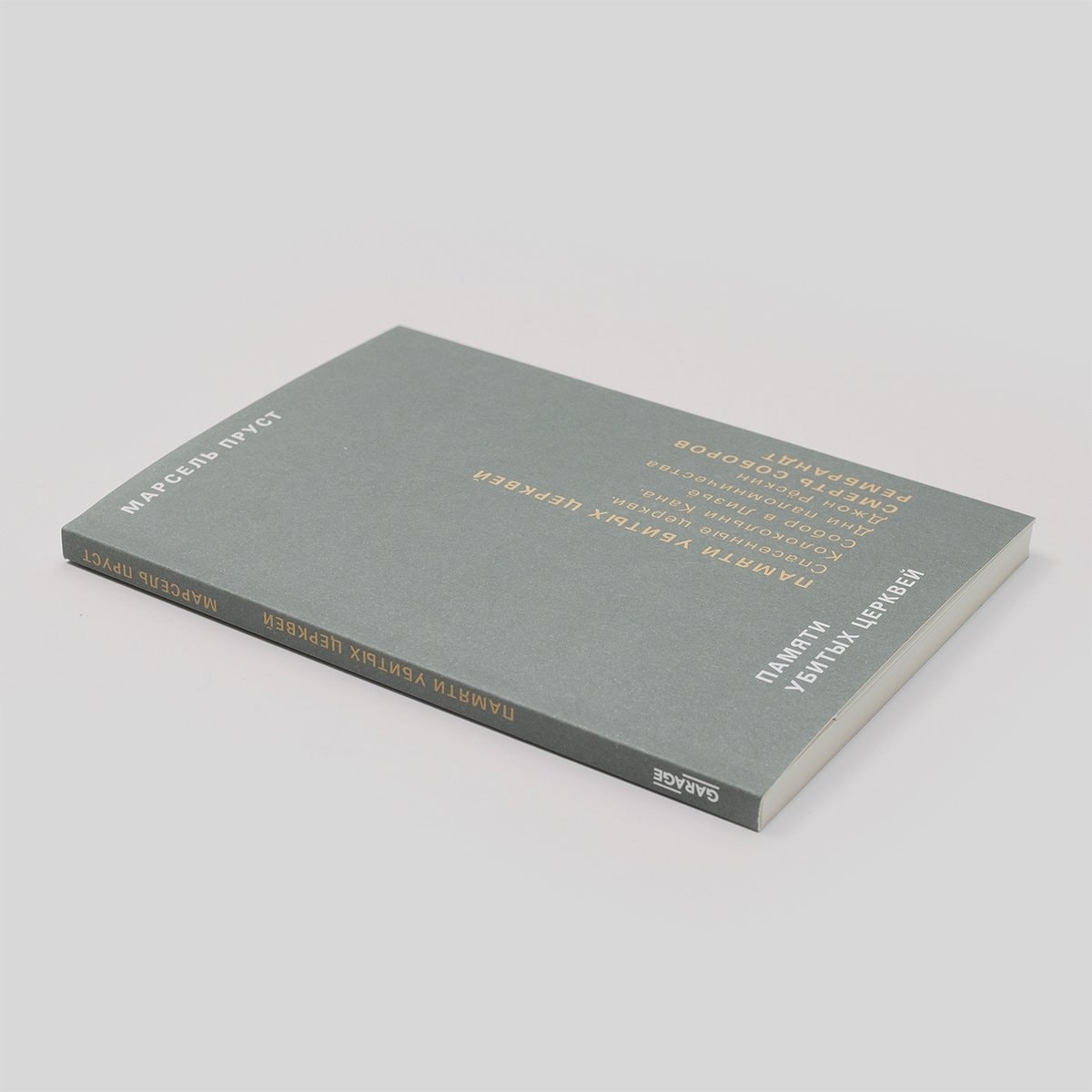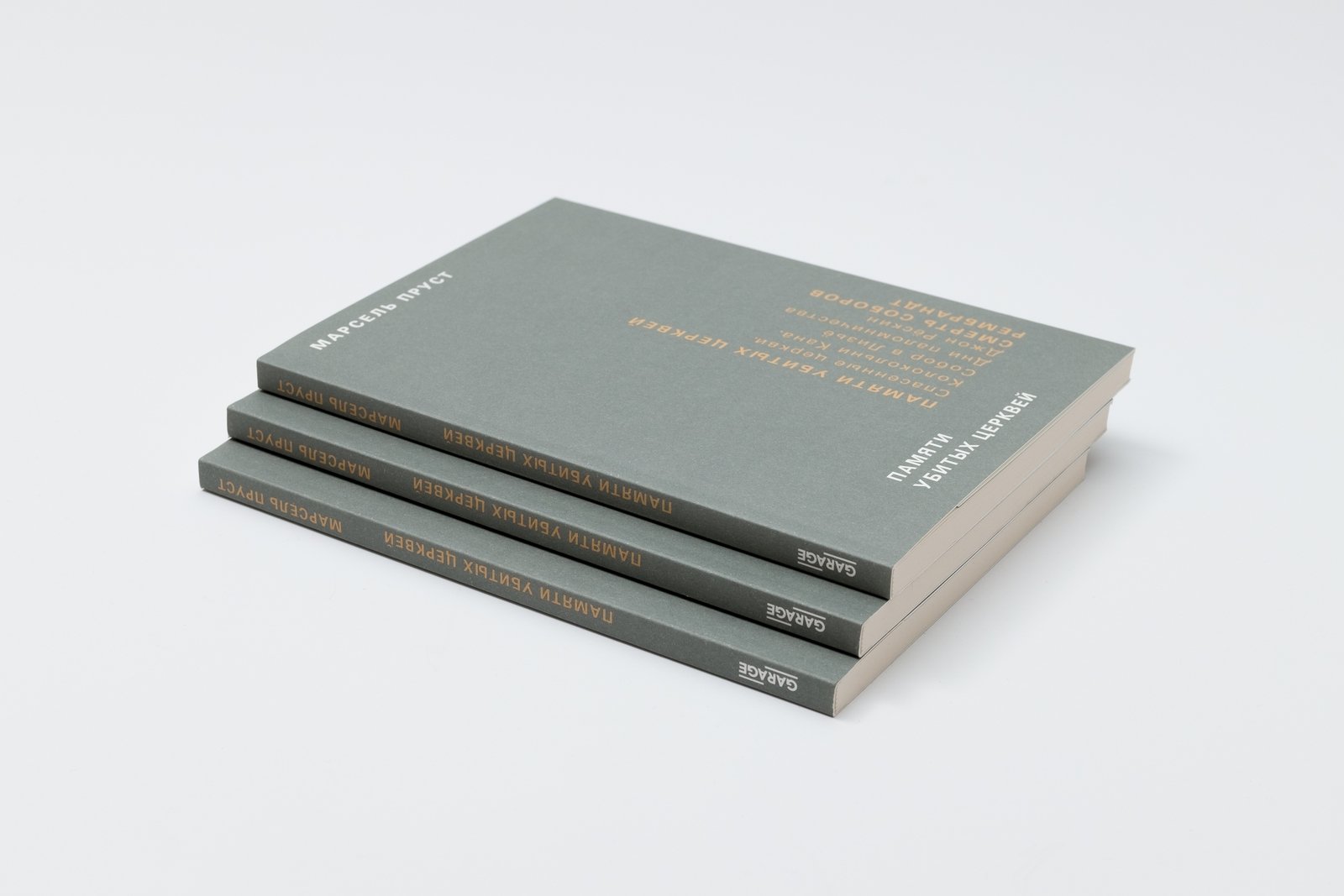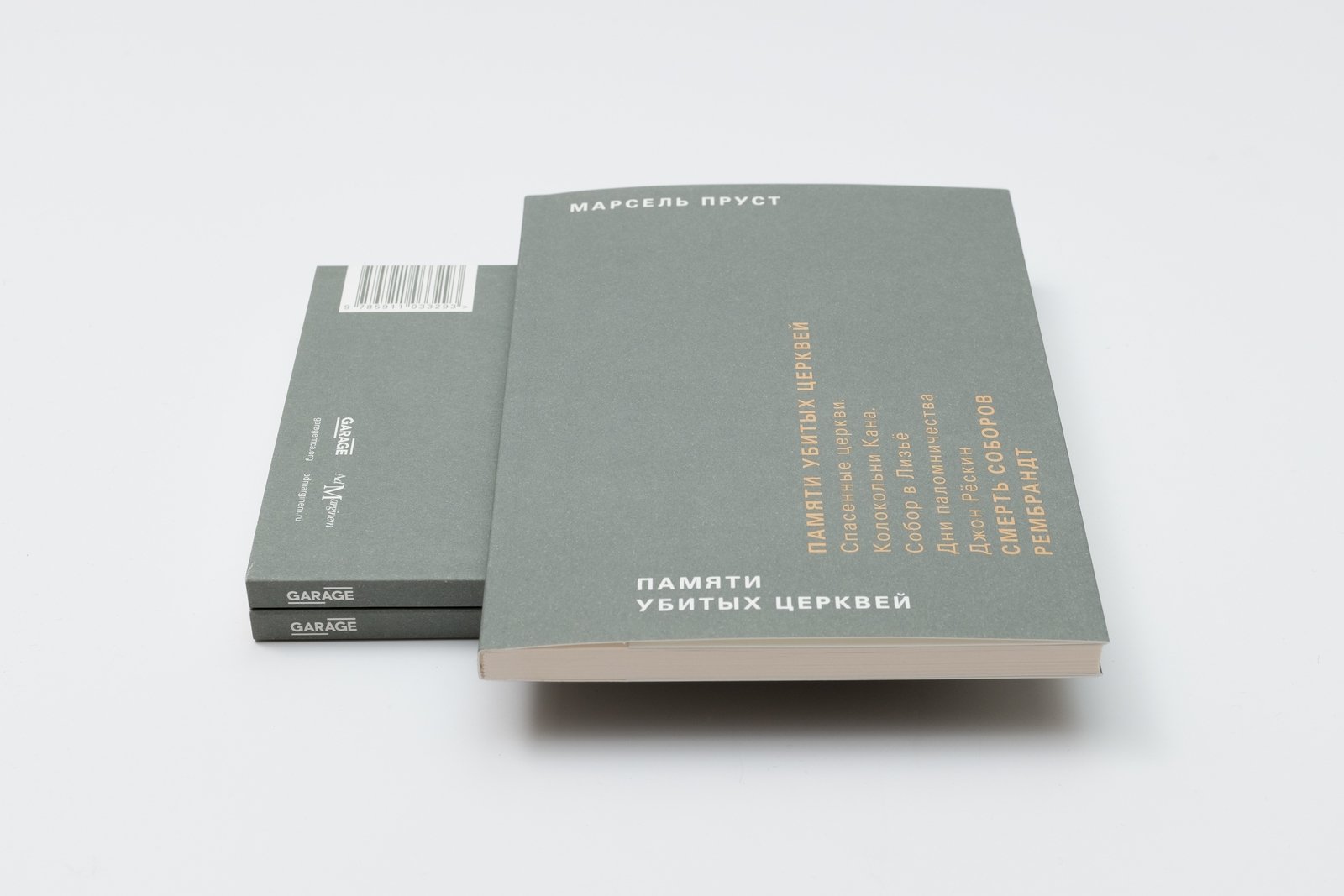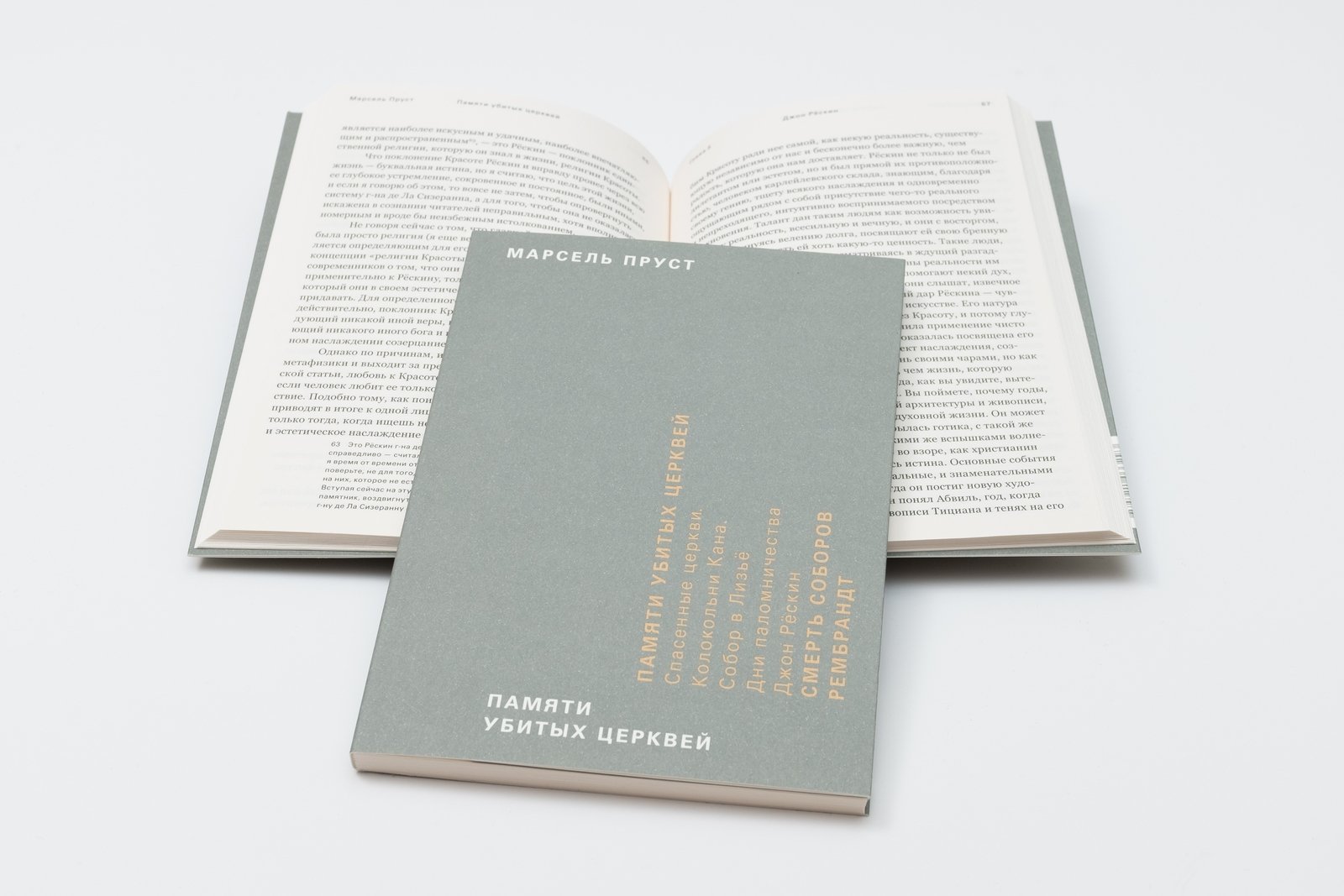A new edition of Proust’s essays on the preservation of cultural monuments includes his text on Rembrandt, translated into Russian for the first time.
Written at the dawn of the twentieth century, the poetic essays collected in this edition anticipate the aesthetics of Proust’s seven-volume novel In Search of Lost Time. What we see here is a stream of consciousness—however, not an inward one, it is directed towards material culture. The essays were later reworked by the author and have taken their final shape in a 1919 collection of essays.
In these meditations on modern culture, Proust deplores the end of the cathedral civilization, which has given way, as pointed out by Hugo in The Hunchback of Notre-Dame, to a civilization of books. But the main object of his interest is the English thinker John Ruskin: admiring his ethical and aesthetic standpoint, Proust does, however, offer certain criticisms of Ruskin’s argument.
Culture as the antipode of the everyday will later become the central theme of Proust’s seminal novel, the first volume of which (Swann’s Way) will be written in 1913.
